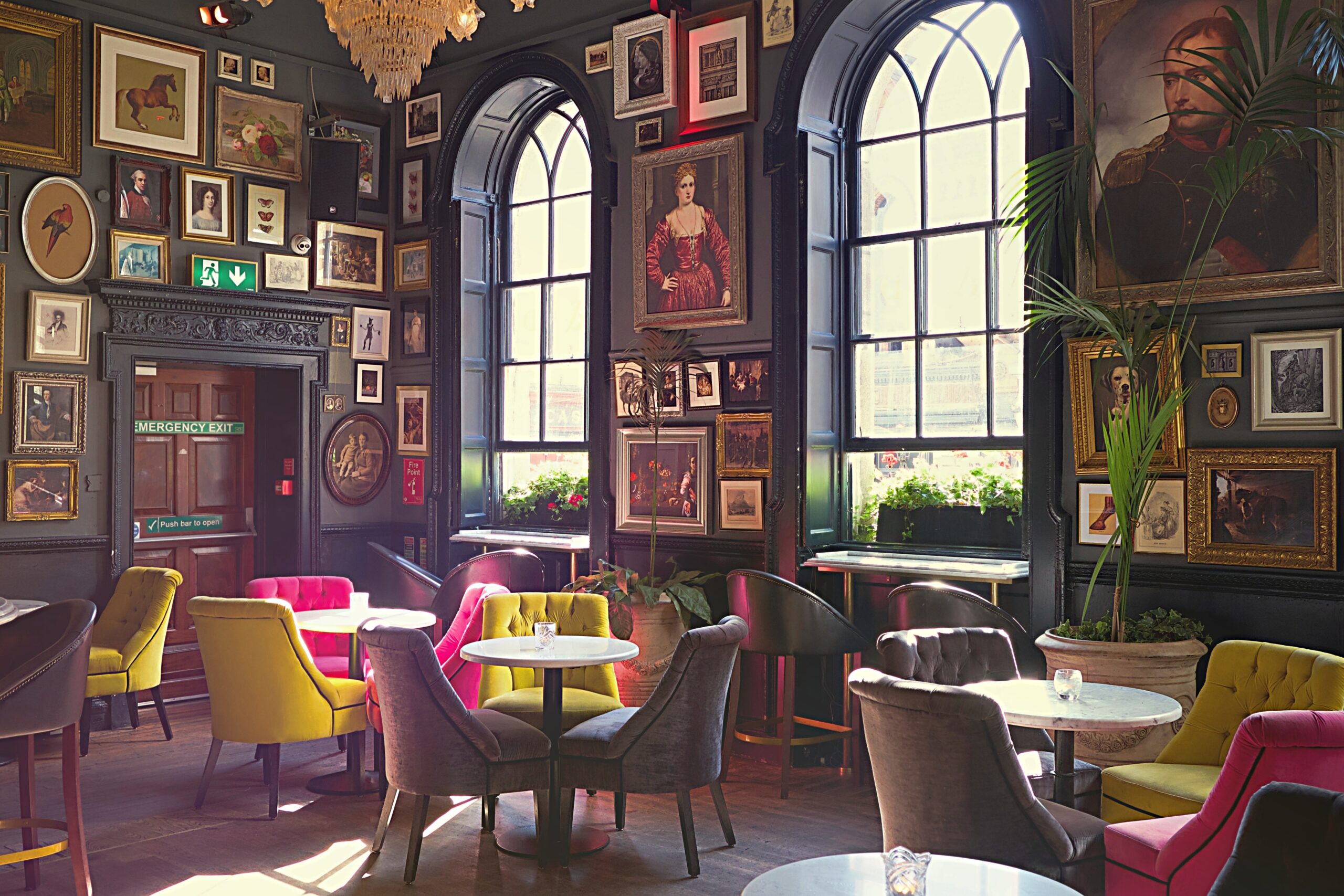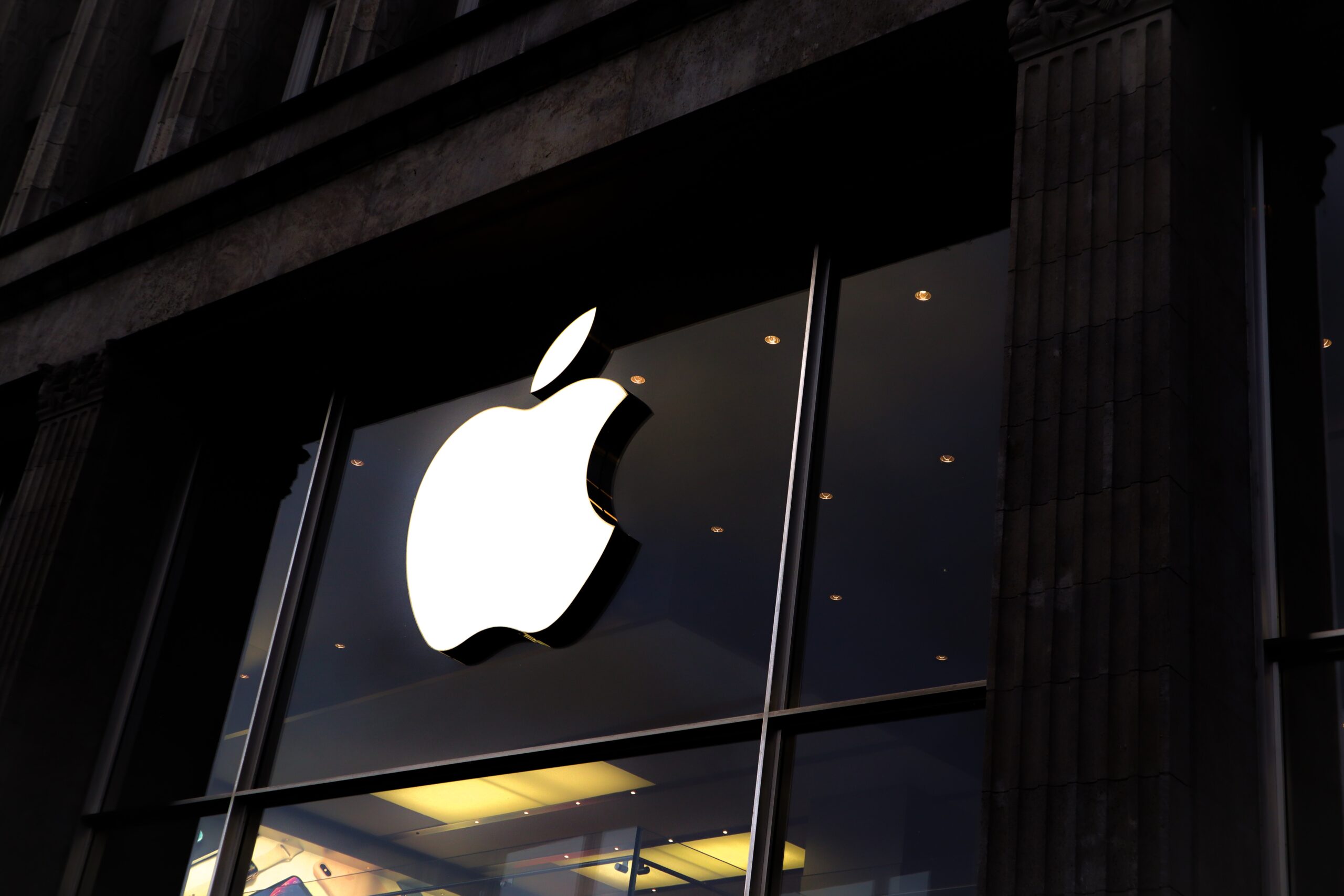Part of what makes hospitality so exciting these days is the shift in conceptual boundaries. Hotels have traditionally performed a few different functions – lobby, guestroom, business center, conference hall, kitchen – but in a world where anything can be marketed as a hotel, the possibilities become endless. There are hotels built into breweries, hotels built for cycling enthusiasts, hotels whose common areas function like coworking spaces. There are hotels with pop-up shops and art galleries. There are hotels with fitness amenities to rival your local gym.
It should come as no surprise that non-hotel brands are exploring the hotel space. It’s perfectly advantageous to be a trusted brand with an established loyalty program and decades of experience, but a fresh face also has its advantages. Just look at thriving new brands like Moxy, or Standard Hotels. If they can get in the game with a hip concept and smart people at the helm, what’s to stop a furniture brand from having a little fun? Restoration Hardware has done just that – and if you like the furniture in your room, you can have it shipped direct to your doorstep.
Nobu – a chain that started as a single restaurant in Beverly Hills and now operates 42 restaurant outlets across the globe – is the latest non-hotel brand to enter the fray. It now has at least 18 hotels either in development or open for business, according to Skift,
Flipping the F&B question on its head
A lot has been written about the importance of F&B in the current hotel landscape. It’s been a blind spot for a long time, but in the age of ‘experiences over things’ – not to mention fierce competition – upgrading F&B is an important boon to the hotel product. Rather than a secondary service, it can be the thing that draws people in.
Nobu’s arrival in the hotel space exemplifies this impulse. The brands roots are in F&B – Chef Nobu Matsuhisa’s original Beverly Hills restaurant quickly won favor with locals and celebrities. Robert De Niro became the chef’s business partner, and a second restaurant was opened in New York City. The Nobu brand took off from there.
The question of F&B is therefore turned on its head – instead of “can a quality hotel function as a quality F&B venue,” Nobu asks “can a quality F&B venue function as a quality hotel.” This is an interesting experiment – one that is surely accelerated by star power, brand recognition, and savvy people with no shortage of experience in hotel management.
The growth of the Nobu brand represents the idea is that F&B is a reasonable indicator for a brand’s potential in other aspects of hospitality. It’s not unlike Shark Tank, the TV show in which entrepreneurs present their business ideas to a panel of investors. The program’s viewership functions both as a TV product and as an accelerator for any business or product that successfully attracts an investment. In a similar way, a successful F&B brand can accelerate into the hotel space – provided it has a laser-like focus on quality, a sharp eye for detail, and distinct stylistic elements – including, in Nobu’s case, a name that was associated with the rich and famous long before the first hotel opened.
Success on any scale
One might say an alignment of the stars is necessary to achieve large-scale success in hotels, even with the power of brand recognition. It takes quality and commitment. It takes smart strategy at every level of the command-chain. It takes capital, and lots of it.
But hoteliers don’t need global aspirations in order to learn from Nobu’s successes. If the 2010s have taught us anything, it’s that hospitality is a continuum of services and experiences. It’s important to address weaknesses, but it’s no less important to find our individual strengths and focus on them. This allows us to re-shape guest experiences and think creatively about the essence of a hotel brand.







